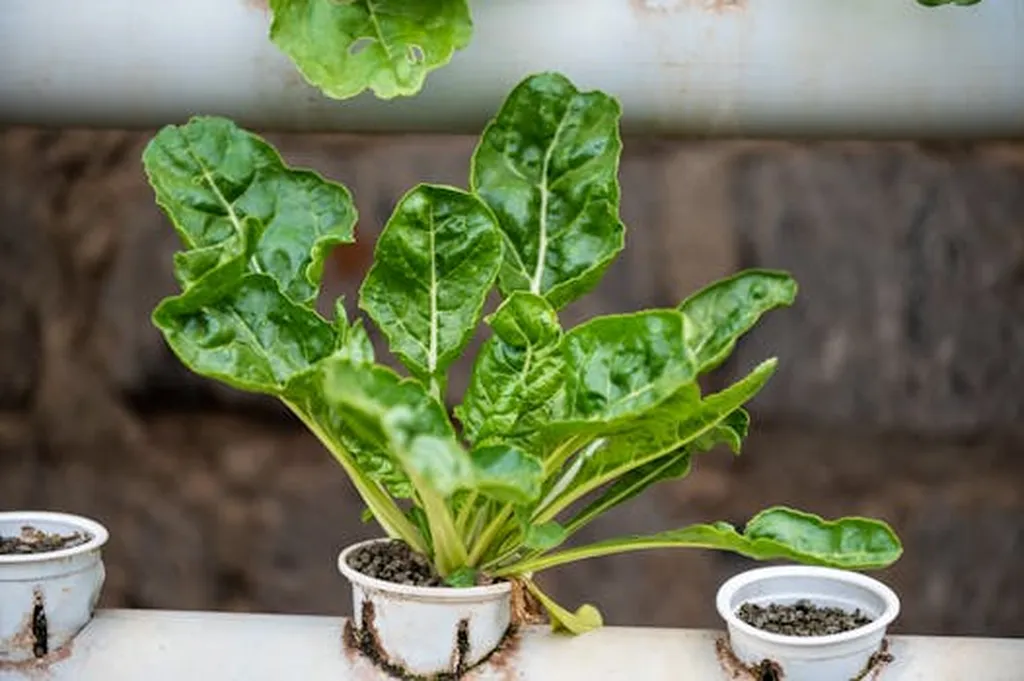In the heart of Africa’s rapidly urbanizing cities, a quiet revolution is taking root—literally. Urban gardening, once dismissed as a mere hobby, is emerging as a powerful tool to combat climate change, food insecurity, and social inequity. A comprehensive systematic review published in the journal ‘Plants’ sheds light on the multifaceted benefits of urban gardening in sub-Saharan Africa, offering insights that could reshape the future of sustainable urban development and the agriculture sector.
The review, led by Philisiwe Felicity Mhlanga from the Unit for Environmental Sciences and Management at North-West University in South Africa, synthesizes evidence from 47 peer-reviewed studies conducted between 2000 and 2025. It highlights how urban home gardens, rooftop farms, and agroforestry systems are not just patches of greenery but vital ecosystems that support biodiversity, enhance food security, and boost socio-economic resilience.
“Urban gardens are ecological powerhouses,” Mhlanga explains. “They provide essential services like pollination, soil fertility, and microclimate regulation, all of which are crucial for sustainable urban living.” The review underscores the importance of polyculture—growing multiple plant species together—and shared labor and management practices in maximizing these ecological benefits. It also reveals that socio-economic factors, such as household income and gender dynamics, significantly influence the biodiversity services provided by urban gardens.
For the agriculture sector, the findings are a clarion call to integrate urban gardening into broader sustainable development strategies. The review highlights the potential of urban gardens to enhance household food security, generate income, and foster psychosocial resilience, particularly among women and low-income communities. “Urban gardening is not just about growing food; it’s about building resilient communities,” Mhlanga notes.
However, the path is not without obstacles. Insecure land tenure, water scarcity, weak technical support, and limited policy integration are significant barriers to the widespread adoption of urban gardening. The review also points to the uneven adoption of modern technologies, such as climate-smart practices and digital tools for irrigation, which could greatly enhance the efficiency and productivity of urban gardens.
Looking ahead, the research calls for participatory, equity-driven approaches that bridge ecological knowledge with socio-political realities. It emphasizes the need for more longitudinal data, better regional representation, and a deeper understanding of governance and gender dynamics in urban gardening.
As African cities continue to grow, the role of urban gardening in fostering sustainability and resilience cannot be overstated. The insights from this review could guide policymakers, urban planners, and agricultural stakeholders in harnessing the full potential of urban gardens, paving the way for greener, more equitable, and sustainable cities.

